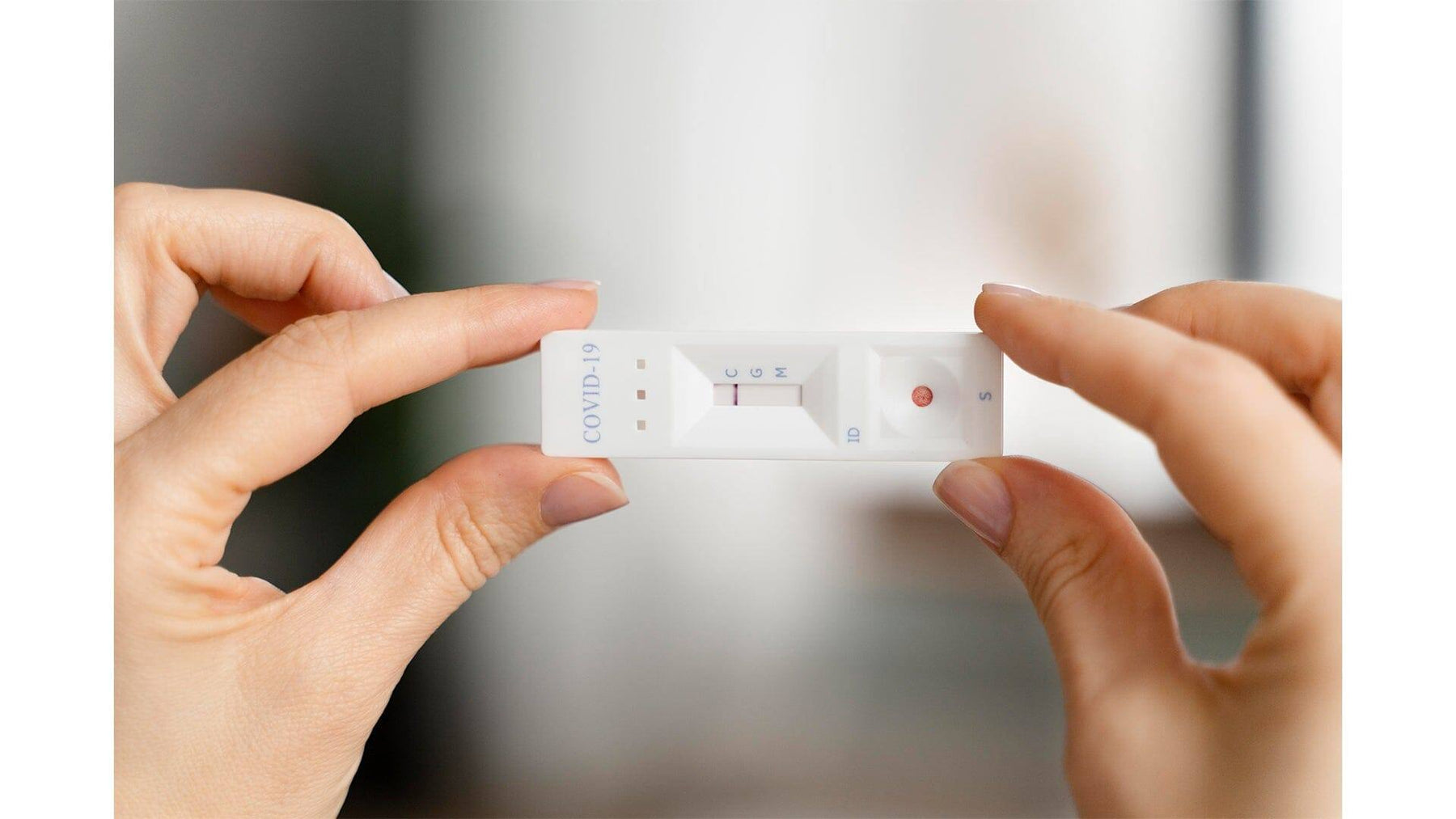
The Need for COVID-19 Testing: An Ongoing Assessment
As the COVID-19 pandemic continues to evolve, questions regarding the necessity of testing persist. With vaccination rates and infection levels varying across regions, it is crucial to assess whether testing remains vital. Let’s explore the factors that affect our evaluation on the necessity of continued COVID testing.
1. Adapting to the Changing Landscape
The pandemic landscape is ever-changing due to vaccination campaigns, governmental regulations, and the emergence of new variants. Testing needs to depend on local circumstances. Regions with high vaccination rates and low infection rates may require less routine testing, whereas areas experiencing outbreaks or variant spread might necessitate more frequent testing.
2. Vaccination Status and Testing
Vaccines have proven effective in reducing severe cases, hospitalizations, and deaths. Fully vaccinated individuals without symptoms or exposure to COVID-19 cases may have a lower need for routine testing. However, it is crucial to follow health guidelines and local testing requirements to stay informed and ensure public safety.
3. Travel Considerations
Traveling introduces additional factors to consider when evaluating the necessity of testing. Both domestic and international destinations may mandate proof of a negative COVID-19 test, regardless of vaccination status. It is essential to assess exposure risks during travel and prioritize the protection of vulnerable populations. Staying updated with travel advisories and health guidelines is paramount before embarking on any trips.
4. Symptoms and Exposure Risks
Testing remains critical for individuals experiencing COVID-19 symptoms, regardless of vaccination status. Common symptoms such as fever, cough, and loss of taste or smell could indicate a potential infection. Timely testing helps confirm diagnoses, guide appropriate medical care, and prevent further transmission. Moreover, close contact with confirmed COVID-19 cases warrants testing to mitigate the risk of spread.
5. Upholding Public Health Measures
Adhering to public health measures and practicing responsible behavior remains important. Regular testing plays a significant role in identifying asymptomatic cases and curbing transmission, particularly in high-risk areas or during outbreaks. It is important to remain vigilant and follow the recommended guidelines to protect ourselves and our communities. Additionally, if you have been in close contact with someone who has tested positive for COVID-19, testing is recommended, regardless of symptoms or vaccination status.
6. Impact of the end of the federal COVID public health emergency
Most people can expect to pay more for COVID tests after the federal public health emergency ended last May. People with employer-based private health insurance could start paying for at-home COVID tests as well as rapid or lab tests at a doctor's office or clinic. In California, however, residents will have continued access to free tests, vaccines and treatments given by licensed health care providers through November 11. Additionally, the U.S. government is distributing free at-home tests from the national stockpile and could decide to ship more tests in the future depending on supply.
The need for COVID-19 testing is multifaceted and depends on various factors. The evolving nature of the pandemic, vaccination status, travel plans, symptoms, and exposure risks all contribute to determining testing requirements. Staying informed, abiding by guidelines, and consulting healthcare professionals for accurate information are vital. Testing remains an essential tool in different scenarios to combat the spread of COVID-19 and safeguard public health. By remaining vigilant and collectively adhering to testing protocols, we can navigate the challenges posed by the pandemic and protect ourselves and our communities effectively.

Leave a comment